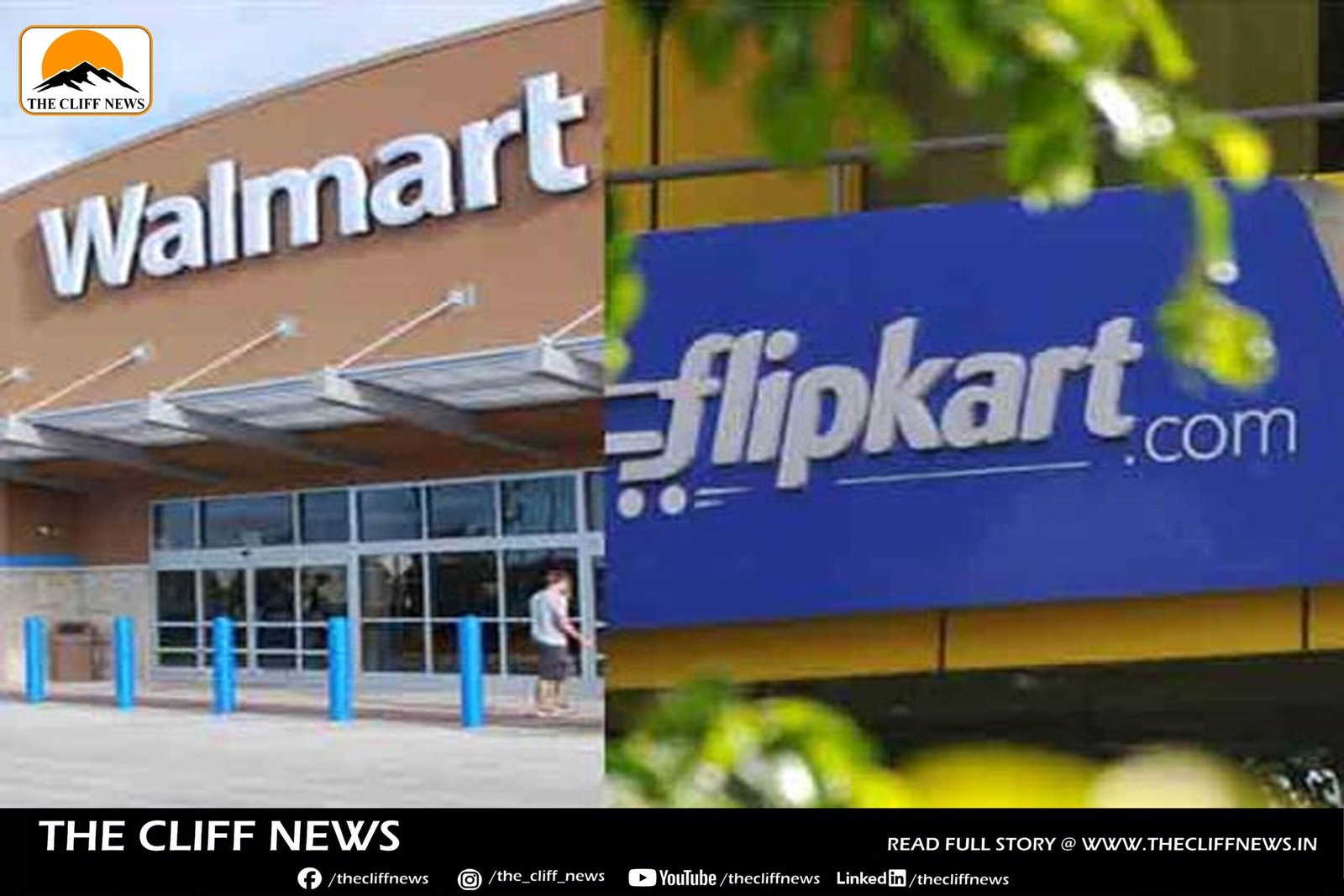The Trump administration is set to press India to grant full access to its $125 billion ecommerce market to US giants such as Amazon and Walmart, as part of an evolving trade agreement currently under negotiation. The deal, which spans a range of sectors from food to automobiles, is being discussed under the looming threat of a 26 per cent tariff on Indian exports to the United States. President Donald Trump has temporarily paused this tariff for 90 days to allow negotiations to proceed.
During a recent meeting in New Delhi, US Vice-President JD Vance and Indian Prime Minister Narendra Modi acknowledged “significant progress” in the trade discussions. They also reiterated their commitment to strengthening cooperation in energy, defence, and strategic technologies.
According to multiple sources, including industry executives, lobbyists, and US officials, Washington is urging New Delhi to provide a level playing field for foreign ecommerce players. Currently, India restricts US companies like Amazon and Walmart-owned Flipkart from selling their own inventory directly to consumers. Instead, they can only act as online marketplaces for third-party sellers, unlike Indian firms that can produce, own, and sell their own goods via their platforms.
This distinction has been labelled a “non-tariff barrier” by US negotiators, alongside restrictions on foreign direct investment in retail. Tensions have grown as US companies have faced additional hurdles such as increased product inspections by the Bureau of Indian Standards, further complicating their operations in India.
Executives close to the discussions revealed that Walmart CEO Doug McMillon raised the issue of India’s ecommerce barriers during a private meeting with Trump at his Mar-a-Lago estate. McMillon was also present at a White House meeting with other major US retail leaders to discuss trade and tariffs. Amazon CEO Jeff Bezos, who attended and contributed to Trump’s presidential inauguration, is similarly involved in the background efforts.
The US push is seen as a direct challenge to Mukesh Ambani, Asia’s richest man and the owner of India’s largest retail group, Reliance Industries. His conglomerate operates multiple ecommerce platforms and stands to lose if foreign players are granted equal access to the Indian market.
Experts such as Arvind Singhal, chairman of Technopak Advisors, note that US efforts to liberalize India’s retail sector have been ongoing since 2006, but have been effectively resisted by Indian policymakers. Now, with trade talks gaining momentum, US officials are reportedly working in close coordination with ecommerce platforms to influence the outcome.
As of now, the White House, Amazon, Walmart, and Reliance have declined to comment on the matter.



